French companies train Saudi troops to kill Yemeni civilians: Report
Certain French companies “continue to train” Saudi soldiers in mission-critical skills used to kill Yemeni civilians despite the all-out bloody war the Arab kingdom has imposed on Yemen, a report says.
Yemen’s al-Masirah television network on Monday announced the news, citing a joint report by EUobserver, Lighthouse Reports, Arte, and Mediapart.
According to the report, the French majority state-owned DCI Groupe is carrying out artillery training for members of the Saudi Arabian National Guard at a military school in Draguignan, a commune in the Provence-Alpes-Cote d’Azur region, in southeastern France.
It also revealed that Thales Group, a French multinational company, and a French branch of the Swiss-based RUAG are engaged in training the Saudi troops, offering the simulation equipment needed to operate the CAESAR self-propelled howitzers that could potentially target almost half a million people in Yemen.
Al-Masirah further cited a report by Disclose, a media outlet, which revealed that a cargo ship was expected to load munitions for CAESAR howitzers, adding that Paris is set to ship well over 100 CAESARs to Saudi Arabia until 2023.
Manufactured by Nexter Systems, a French government-owned weapons manufacturer, CAESAR is a self-propelled 155 mm/52-calibre gun-howitzer that is installed on a 6x6 truck chassis. Some 48 CAESARs were stationed at the border with Yemen by the Saudi Arabian army in late 2018.
The report also cited a leaked internal document from the DRM, France's military intelligence agency, which warned of the risks against civilians in Yemen posed by the CAESARs.
“The population concerned by potential artillery fire: 436,370 people,” noted the document, dated September 25, 2018.
The same document further said that the CAESARs also play a role in supporting “loyalist troops and Saudi armed forces in their progression into Yemeni territory.”
The war has killed tens of thousands of innocent Yemenis and destroyed the impoverished country’s infrastructure since March 2015.
Last year, the Saudi-led coalition involved in the campaign against Yemen fired artillery shells on a Yemeni market near the Saudi border, killing 89 civilians.
Back in September, a report by the United Nations Human Rights Council on Yemen warned that such transfers of weapons only help to perpetuate the conflict.
“But for the arms trade and the arms transfers, the war would not be persisting the way it is, the war would not continue ravaging the people of Yemen in the way it has,” said Ardi Imseis, one of the authors of the report.
British media had previously revealed similar details about the wide participation of companies of the United Kingdom in managing Saudi airstrikes and preparing aircraft, weapons, and ammunition for the invading coalition.
The same is the case for the United States, whose participation has become public and documented.
Al-Masirah added that the new report confirms that the aggressive Saudi-led coalition, which is heavily relying on Western-supplied arms, was from the outset nothing but a cover for Western powers that directly manage the various military operations against Yemen.
The campaign has largely targeted ordinary people and Yemen’s civilian infrastructure, including hospitals and schools, drawing calls from leading human rights groups for a halt to weapons sales to the aggressors, but all to no avail yet.
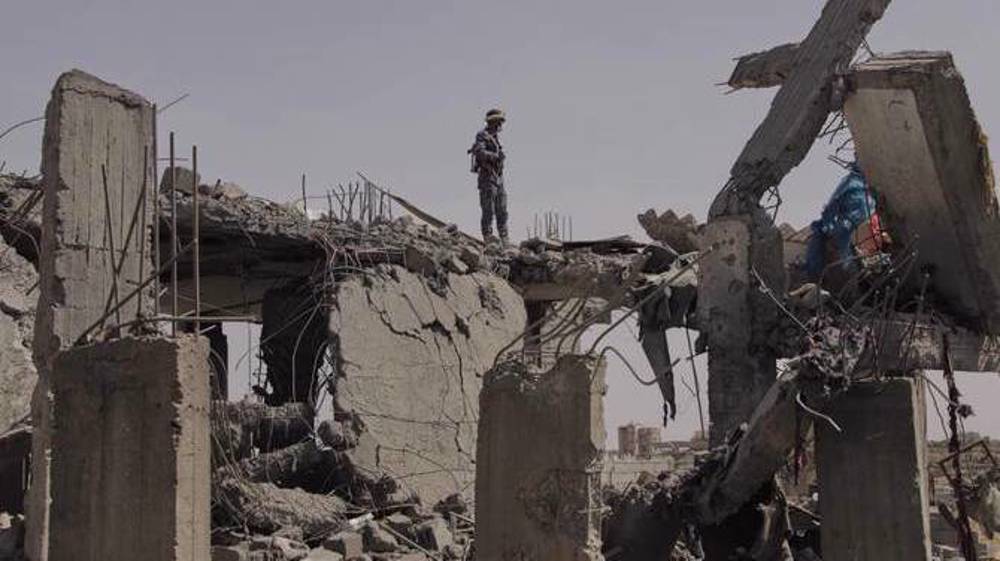
US pro-Israel strikes killed 123 Yemenis in less than a month: Ministry
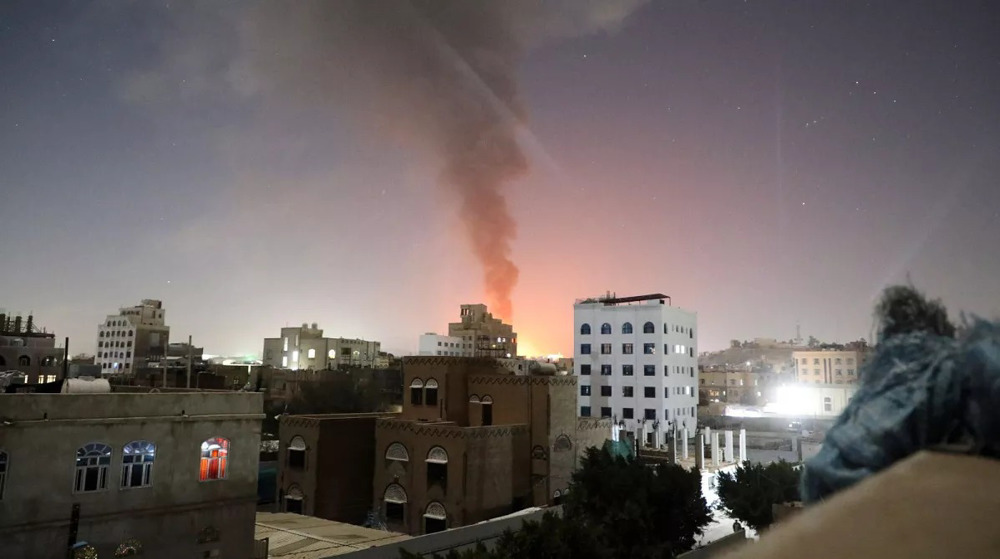
US airstrikes on Yemeni factory kill 6 civilians
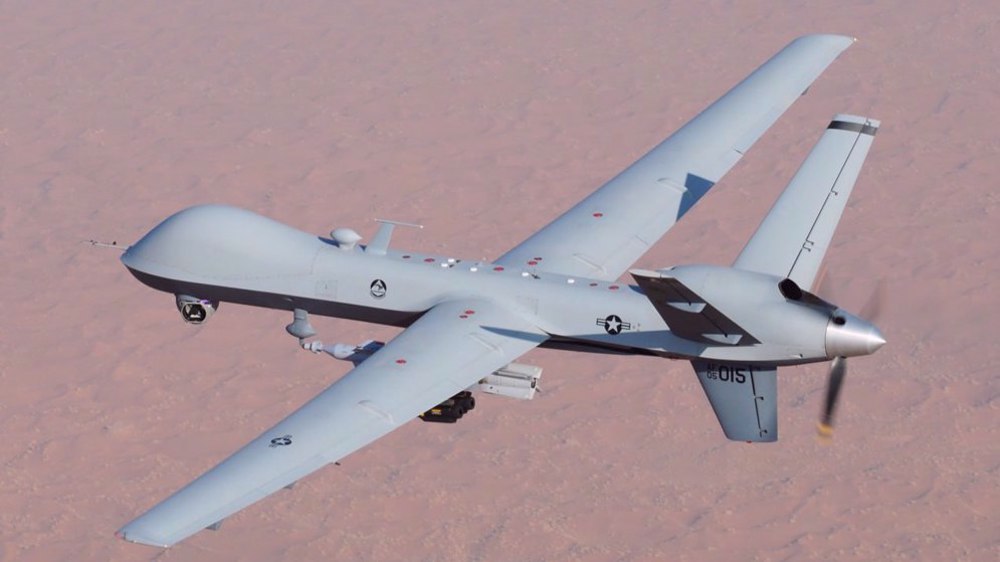
Yemeni armed forces shoot down 19th American drone
China calls for new Iran deal based on JCPOA; urges US to stop ‘maximum pressure’
IRGC: Iran’s military capabilities ‘non-negotiable’; national security ‘red line’
How Bernie Sanders condemns genocide in Gaza without actually condemning it
VIDEO | Iran-US nuclear talks, repercussions of opposition to Gaza war in Hebrew media
VIDEO | ‘Inhumane, Illegal’: US arrests Palestinian student activist at citizenship ceremony
More Israeli soldiers call for end to Gaza war, immediate negotiations over captives
VIDEO | Zionist control at Columbia University
VIDEO | Zionists and pornography


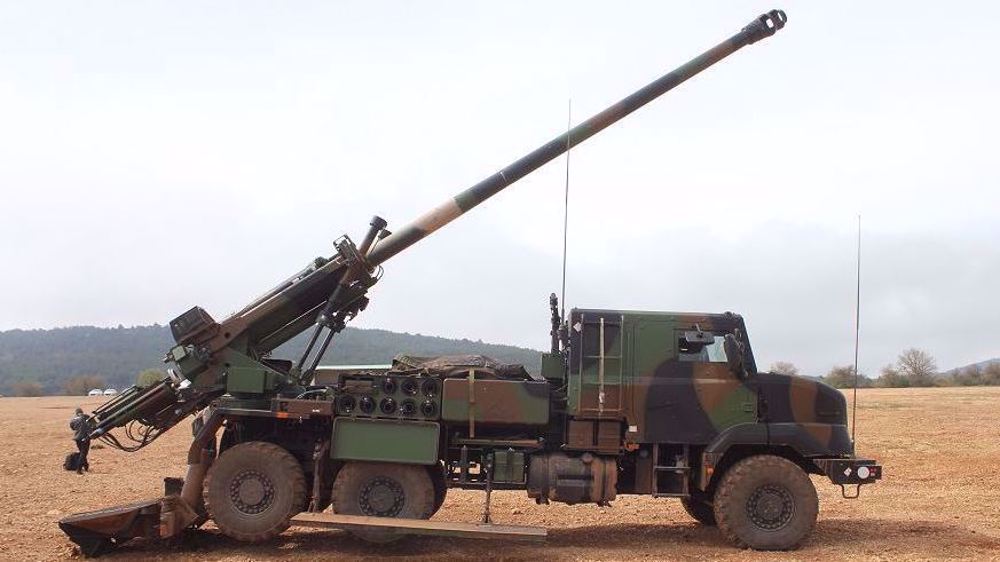






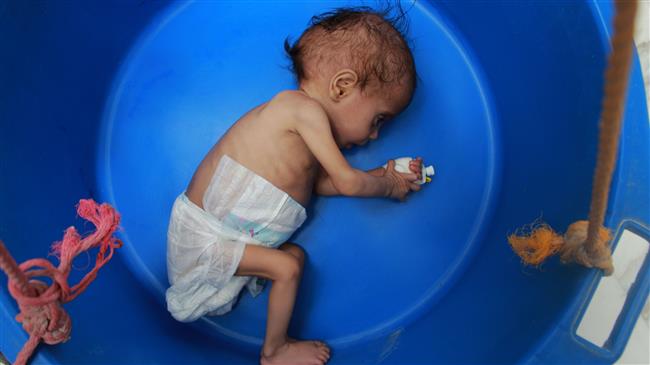
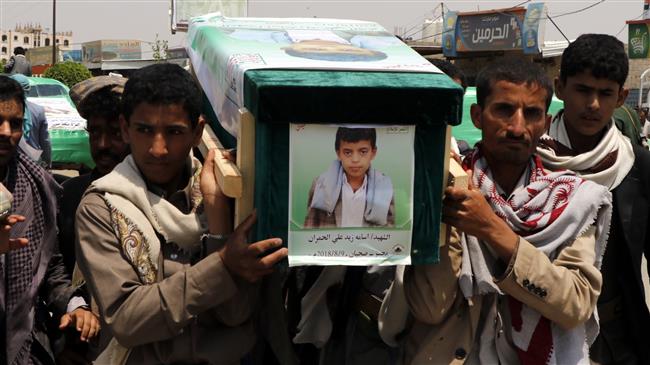
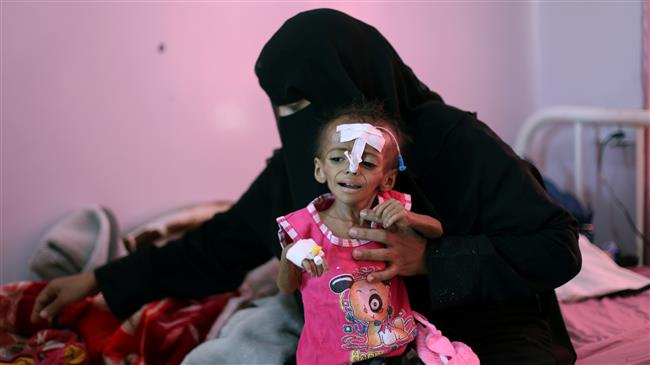

 This makes it easy to access the Press TV website
This makes it easy to access the Press TV website